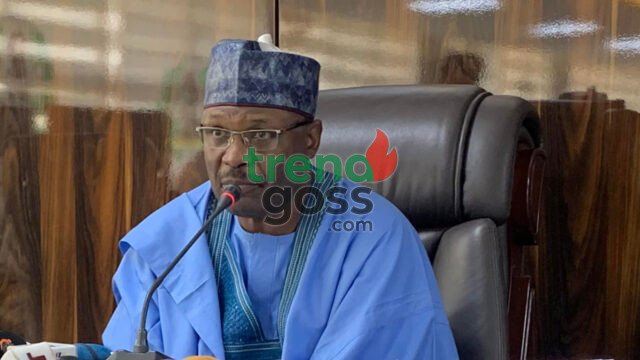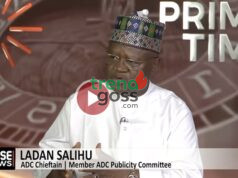The Independent National Electoral Commission (INEC) has reaffirmed its commitment to service excellence, transparency, and innovation in delivering credible and citizen-focused electoral services across Nigeria.
INEC Chairman, Prof. Mahmood Yakubu, made this known at the opening ceremony of the 2025 Customer Service Week held at the Commission’s headquarters in Abuja. He described the annual event as a vital reminder of INEC’s dedication to public trust and accountability.
“Customer Service Week reminds us that every comment, every inquiry responded to, and every concern addressed strengthens our commitment to the public interest,” Yakubu said.
He urged staff to view service as “prayer in action,” stressing that integrity, consistency, and teamwork are essential to achieving the Commission’s goals. The 2025 theme, “Mission Possible,” underscores the need to turn challenges into opportunities through collaboration and proactive service delivery.
Yakubu further noted that INEC’s Service Charter and Freedom of Information commitments remain central to promoting accessibility, transparency, and citizen engagement.
Highlighting INEC’s growing regional influence, the Chairman disclosed that officials from Ethiopia’s National Election Board and several civil society groups were in Nigeria to observe the Commission’s systems and best practices.
In her goodwill message, Ngozi Akinbodewa, representing the Bureau of Public Service Reforms (BPSR), applauded INEC for championing transparency, data-driven decision-making, and digital transformation in governance.
She emphasized that INEC’s adoption of modern technology aligns with global standards and positions it as a model for effective public service delivery in Africa.
The event venue was adorned in blue, white, and red—colors symbolizing calmness, transparency, and passion—reflecting INEC’s commitment to openness and excellence.
The 2025 Customer Service Week, observed globally from October 6 to 10, celebrates innovation, staff dedication, and improved customer satisfaction across organizations worldwide.







No